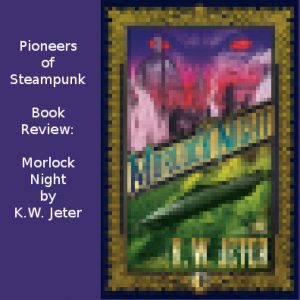
In our second post in our steampunk classics series, we review Morlock Night by American science fiction writer Kevin Wayne (K. W.) Jeter. It has the distinction of being the first steampunk novel. It’s a fast-paced book written as a modern-day sequel to HG Wells’ “The Time Machine.” The premise is an intriguing one: What if the Morlocks (those beastly people-eaters from the future) had found a way to return to Victorian London and wreak havoc in that time? In a further twist, Jeter combines this with the classic legend that King Arthur will return to Britain during the nation’s time of greatest need.
Jeter wrote Morlock Night in 1979 as a submission for a themed story collection that was never published. As “cyberpunk” was a popular genre at the time, Jeter coined the term “steampunk” to describe it and other alternate-history science fiction works. Despite its reputation as the first of its kind, the book lacks most of the elements we currently associate with steampunk. There are no goggles or airships, and the only steam-powered vehicle I recall was a submarine that traversed the London sewers. The action is driven more by magic than by nineteenth-century technology.
The titular Morlocks of Morlock Night are more intelligent than the beastly characters from Wells’ book. They steal the time machine from its inventor and travel back to the nineteenth century to conquer and enslave humanity as their food source. The wizard Merlin appears to help the protagonist Edwin Hocker escape the ruthless Morlocks and summon the reincarnation of King Arthur. To do that, Hocker must travel through time and space to find the sword Excalibur, the mystical source of Arthur’s power. The book was relatively short (more a novella than a novel) and an exciting read. It includes some fascinating historical tidbits such as the “toshers” a society of men who made a living by recovering lost valuables from the city’s sewers. My only criticism is that the characters sometimes get themselves into scrapes which they only escape by extraordinary good fortune. With its dated, faux-Victorian narration, this book might be a bit off-putting to the modern reader, but I highly recommend it to any science fiction fan.

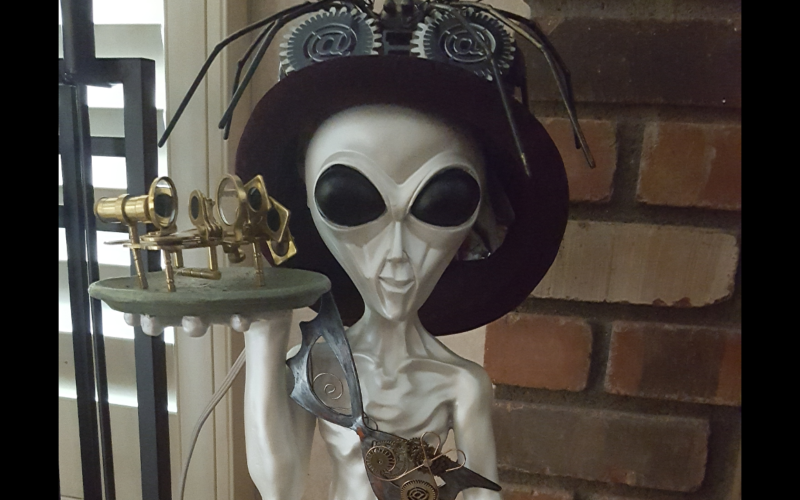

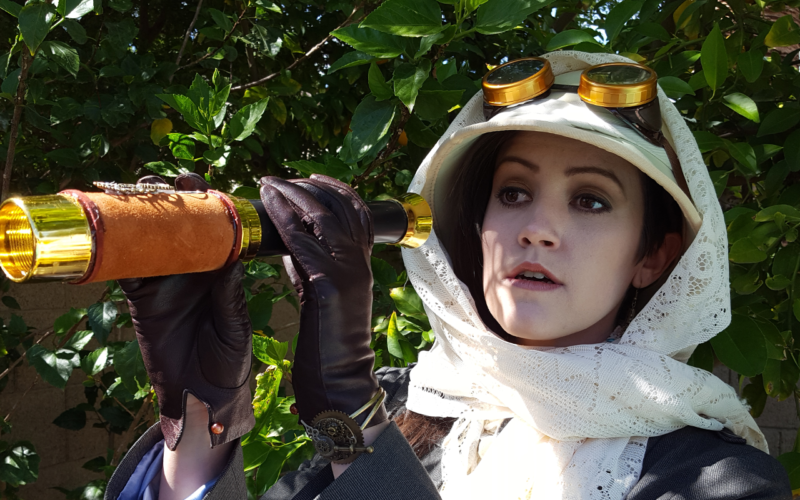











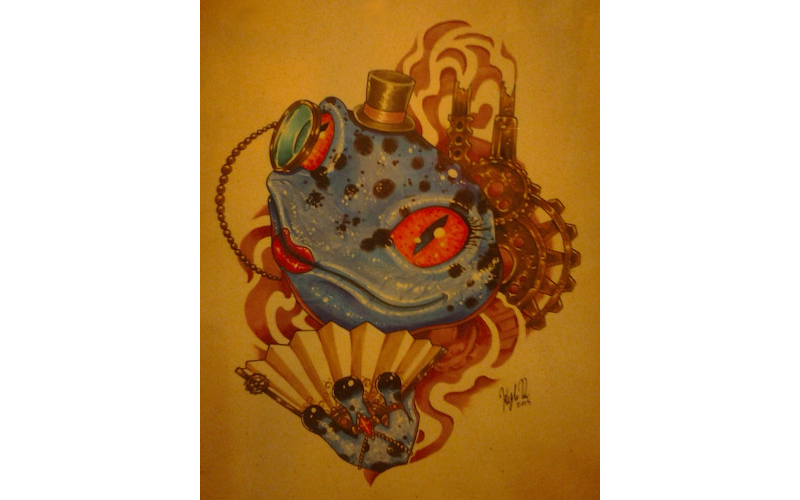

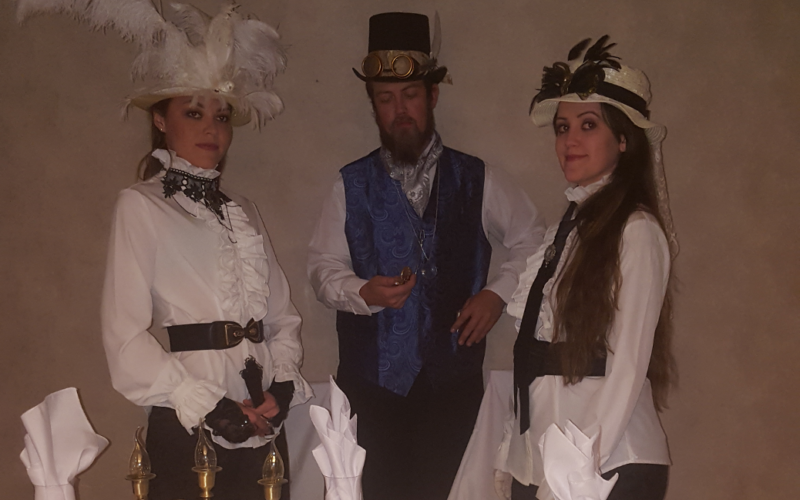
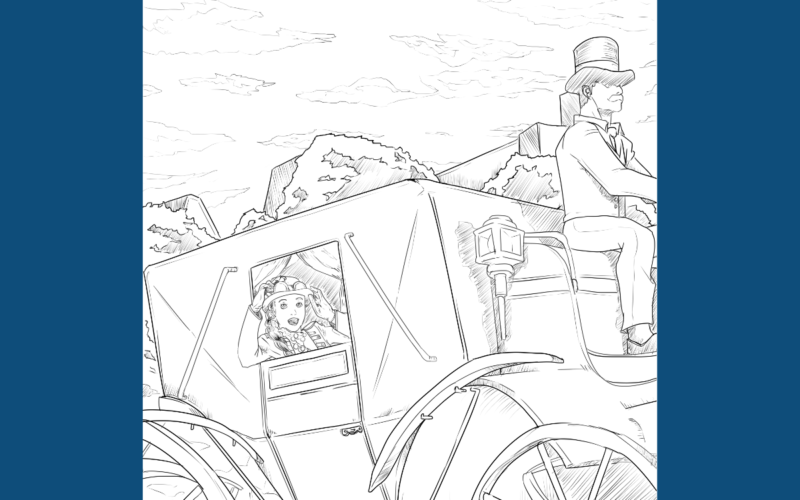
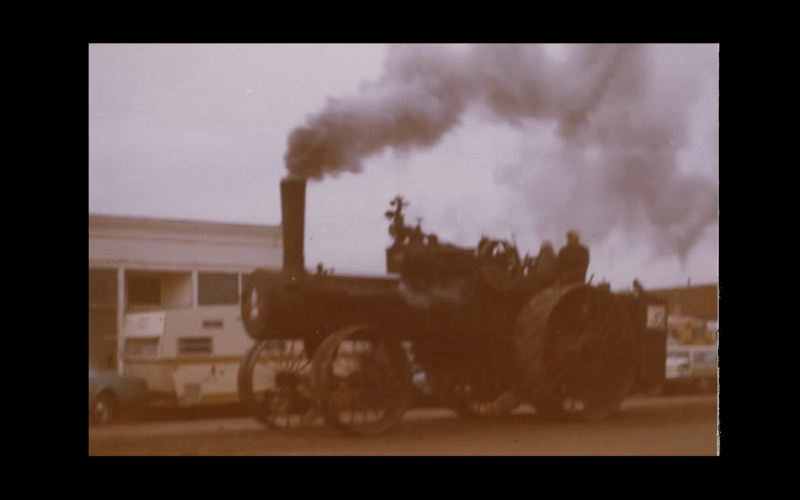
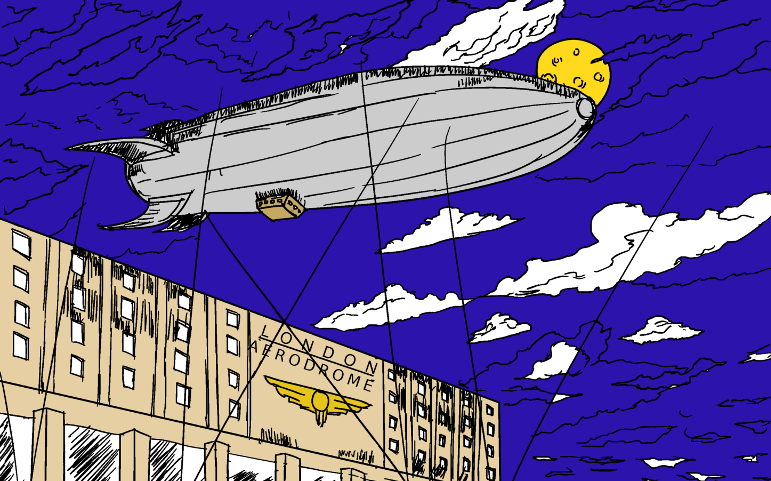
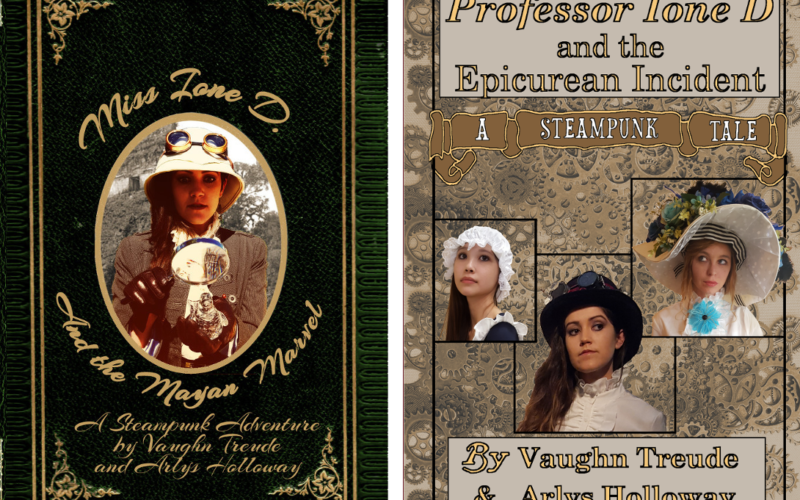
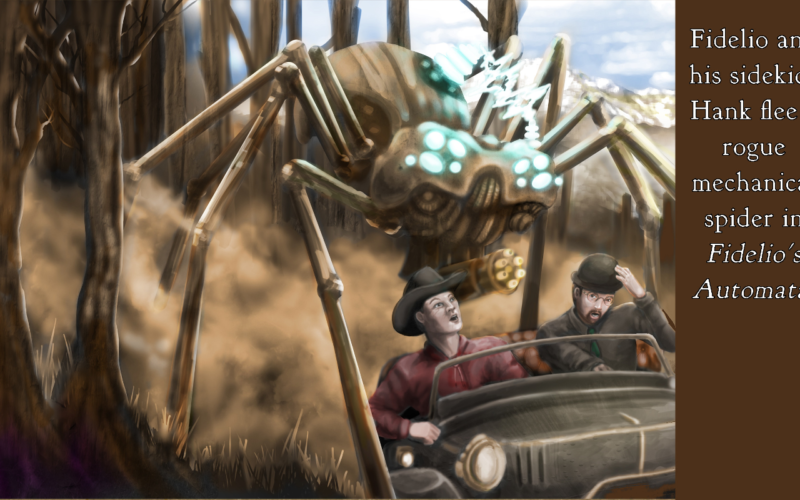


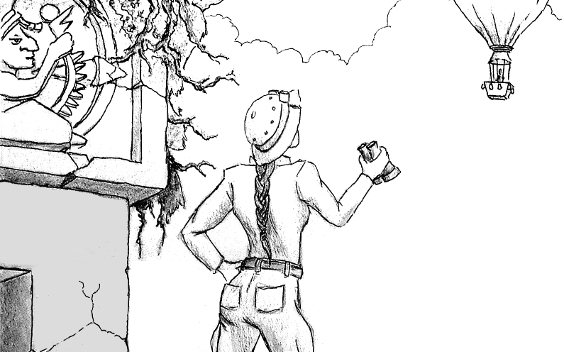







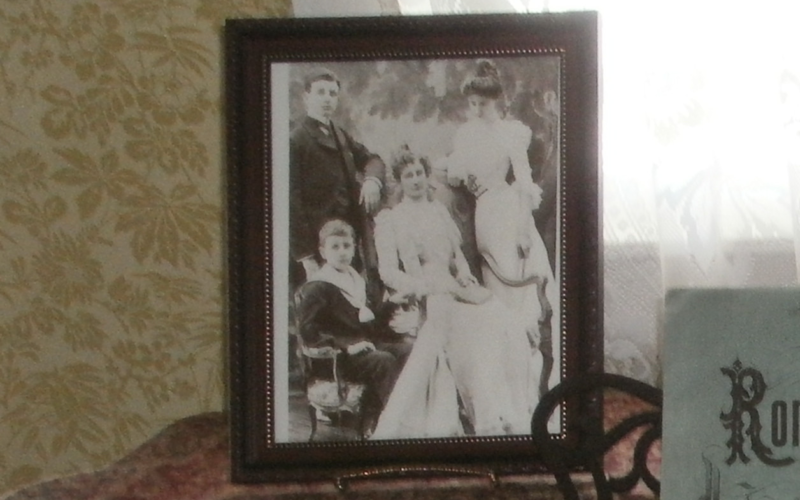


What would you like us to write about?. Leave us a note!